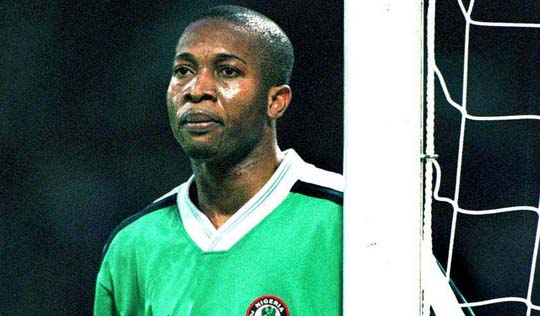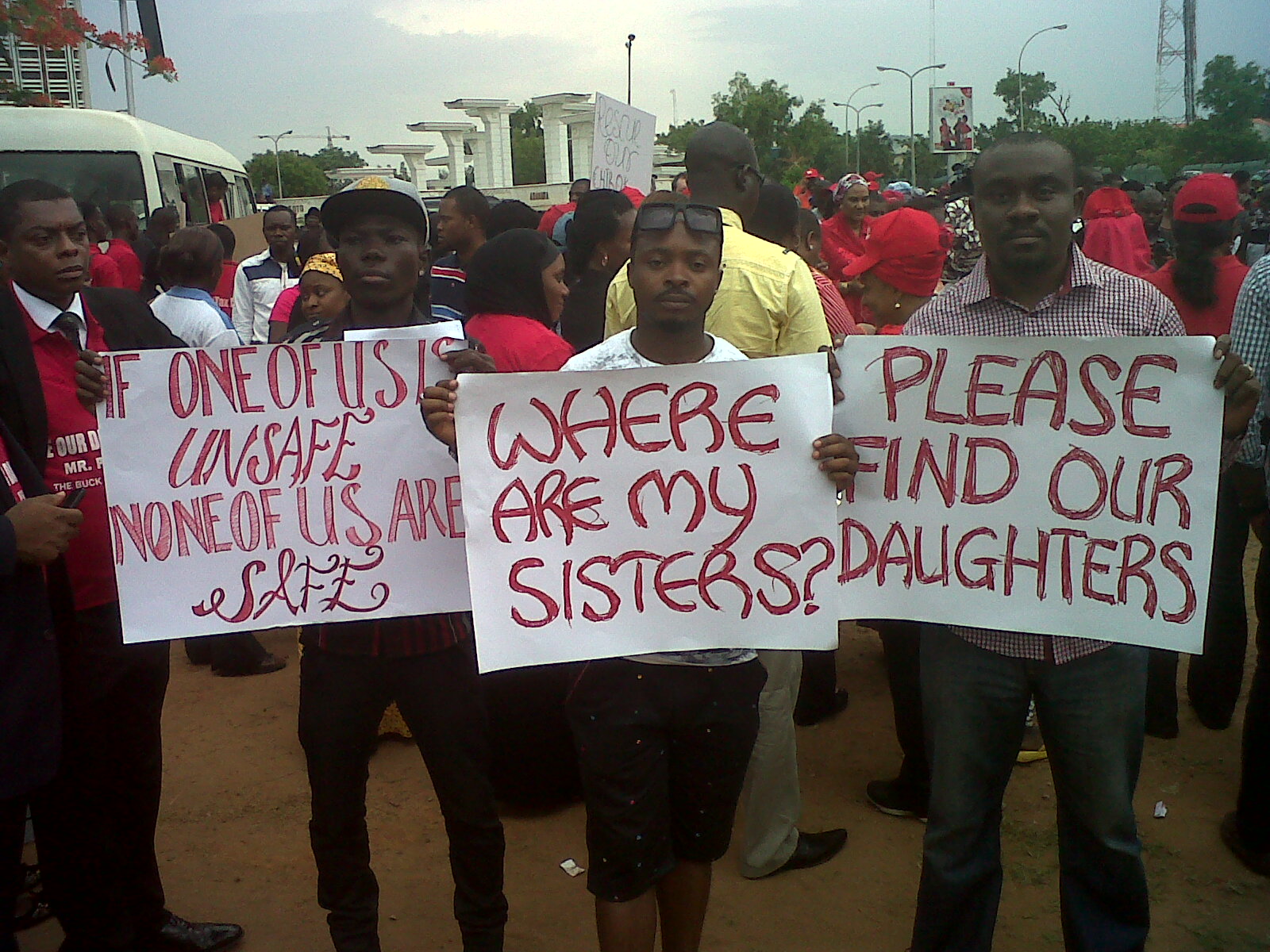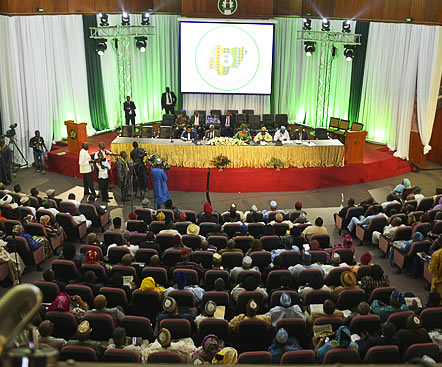Shell, 15,000 Rivers fishermen in UK court over 2008, 2009 oil spills
By Ruona Meyer
Ahead of a full trial in May 2015, oil giant, Shell, was in the dock on Tuesday, as lawyers representing 15,000 fishermen in Bodo, Rivers State, presented new evidence in the commencement of formal proceedings.
Advertisement
Preliminary hearing in one of the world’s largest environmental law cases began on Tuesday in the United Kingdom, with 15,000 fishermen from Bodo, Rivers State, Nigeria suing multinational oil company, Shell, over two devastating oil spills in 2008 and 2009, where up to 300,000 barrels of leaking oil destroyed 1,000 hectares of mangrove swamps and channels, wrecking the livelihoods of the predominantly fishing community.
This will be the first time Shell — under its Nigerian subsidiary, Shell Petroleum Development Company of Nigeria Ltd — will be facing the UK courts to answer for its environmental record in the build-up to the full trial in May 2015.
Speaking with TheCable ahead of the trial, Martyn Day, senior partner at Leigh Day, the firm representing the Bodo fishermen, had revealed that the lawyers would cite still-noticeable pollution of spill sites, to seek the highest fines for Shell in court today.
Advertisement
“This will act as a strong deterrent to all oil companies operating in the Niger Delta who may consider profit before the impact on the communities in which they operate,” Day said.
Shell has always admitted liability for the spills, with Mutiu Sunmonu, SPDC’s managing director, saying “both were a result of operational causes.”
The company, however, disputes the amount of oil spilled, alleging that its clean-up teams have been prevented by local communities from reaching sites, and insisting that “cynical games” by lawyers in Nigeria and the UK have “prevented the swift payment of compensation in this case, and has certainly delayed clean-up operations.”
Shell’s lawyers declined to comment when approached in court.
Advertisement
This case will be pushing towards a precedent; issues up for consideration include whether Shell can be held liable for the illegal bunkering of its pipelines.
A ruling in favour of the Bodo community could pave the way for similar suits in the nearest future.
Day intends to invoke the Oil Pipelines Act to argue that anyone “can claim compensation if they can show Shell was guilty of neglect in failing to ‘protect, maintain or repair’ the pipeline,” while Shell has long stated that “much more oil has been spilt as a result of illegal activity — sabotage, illegal refining and theft — which blights the delta generally.”
Hearing in The Bodo Community & Others vs The Shell Petroleum Development Company of Nigeria Ltd continues at 10:30 am on Wednesday before Mr. Justice Akenhead, at the Technological and Construction Court located at the Rolls Building, 7 Rolls Building, fetter lane, London.
Advertisement
Main issues raised in Bodo Community vs SPDC
Advertisement
| Shell Nigeria | Bodo community |
| is debating whether the UK court has jurisdiction to hear all, or some of the cases, citing prior hearing of the case in Nigeria | Shell has already submitted to the court’s jurisdiction and cannot now contend that the UK court cannot adjudicate. |
| Wants Bodo inhabitants to show they have rights to the land, arguing that under Nigeria’s Land Use Act, governors own land | Case is not about establishing title to land in Nigeria; Bodo people may give oral evidence to show ancestral customary rights to land during trial |
| Does not want to pay settlements over oil pipelines damaged by “malicious third parties” e.g. vandals; interprets the word “protect” in the Oil Pipelines Act (OPA) to mean protecting pipelines from the elements — weather and wear. Seeking liability only for operational spills | Argues that OPA means Shell must protect its pipelines from vandals and, failing to do so, must pay compensation for the effects of leaking pipelines |
| Favours paying only compensation for “loss of earnings,” as exclusively contained in the OPA, rather than added awards for general damages under Common Law | Says Common Law is constantly used in Nigeria’s courts to claim damages for oil spills; seeking compensation for “loss of amenity” as well; covers shock, emotional distress of residents, etc. |
| Maintains that under Nigerian law, you cannot recover interest on settlements awarded for losses that have already passed, as Bodo community wants to. Also wants to pay any compensation using costs of living in Nigeria as reference | Agrees with Nigerian law angle, but cites discretion as a factor; says interest rates should factor at trial to ensure that Bodo is not short-changed by the passing of time and inflation. Also says damages that are personal, and not property-based should be measured using English law and personal experiences, regardless of location |
| Wants each person to show how they have been specially and particularly affected by the spills compared to other people in neighbouring communities | Cites loss of recreational, living and religious spaces to the spills and health hazards as reasons why they have suffered to a different degree compared to the general public |
Advertisement
Advertisement
1 comments




Oil Spill Eater II ( OSE II ) has been used on numerous sites in the Ogoniland and cleaned these oil polluted sites up to pre spill conditions, and this has been agreed to by NOSDRA. IN December of 2013 OSE II was used on a 550,000 liter spill in Nigeria from the Brass terminal, and in less than three weeks the regulators commented they could not believe there had ever been a spill in the Bayelsa river state region. The responders directly handled OSE II with no adverse health problems, since OSE II does not contain any harmful chemicals. The fishing was shut down for three weeks and when the fisherman returned the seafood had been protected from the spill clean up operations, since OSE II causes oil to float. Dispersants cause oil to sink into the water column spreading the spills initial impact to secondary areas causing seafood to become contaminated. The spill went out into the atalantic then covered the shorelines as well as rivers and creeks. OSE II was first applied on the open water preventing any further oil from coming ashore and then the shorelines and sensitive mangroves were cleaned up. With OSE II there was no natural resources destroyed, and the spill area was returned to pre spill conditions. This is one of the worlds first large oil spills that was addressed with OSE II a first response bioremediation product, that is safe for humans, non toxic to marine species, diminishes the adhesion properties so birds and wildlife are protected, and in less than a month this normally devastating spill was turned into a non issue, saving the natural resources, reducing clean up costs, and prevented natural resource destruction. OSE II proved there is a safe efficient means to address large or any size spill.